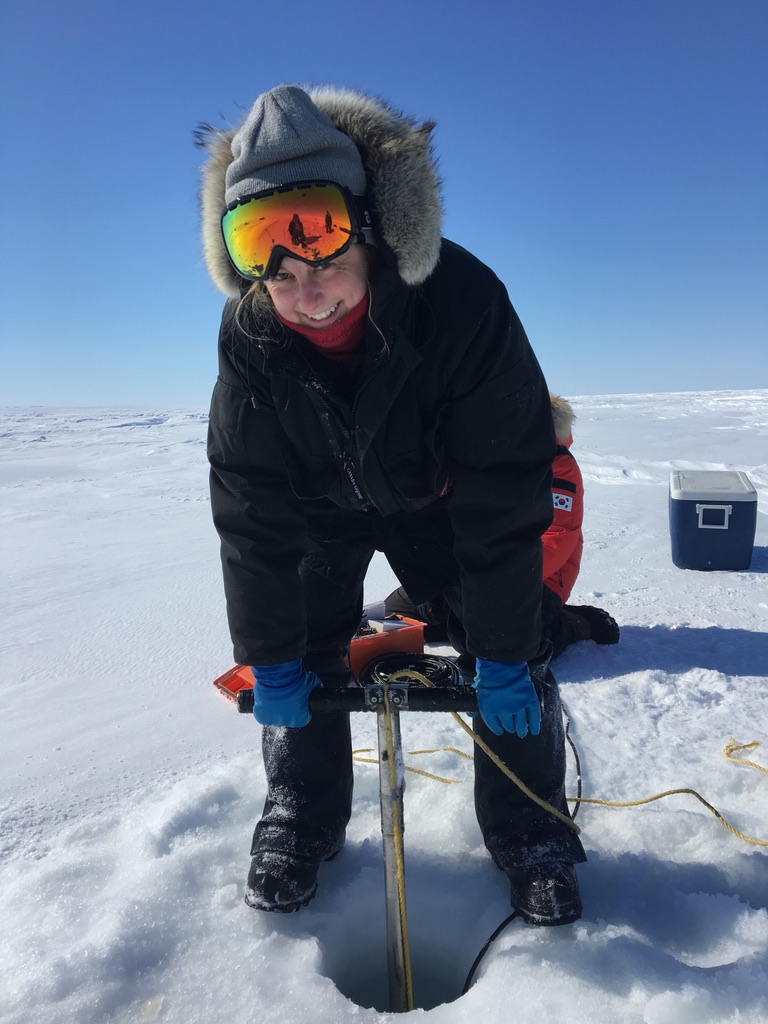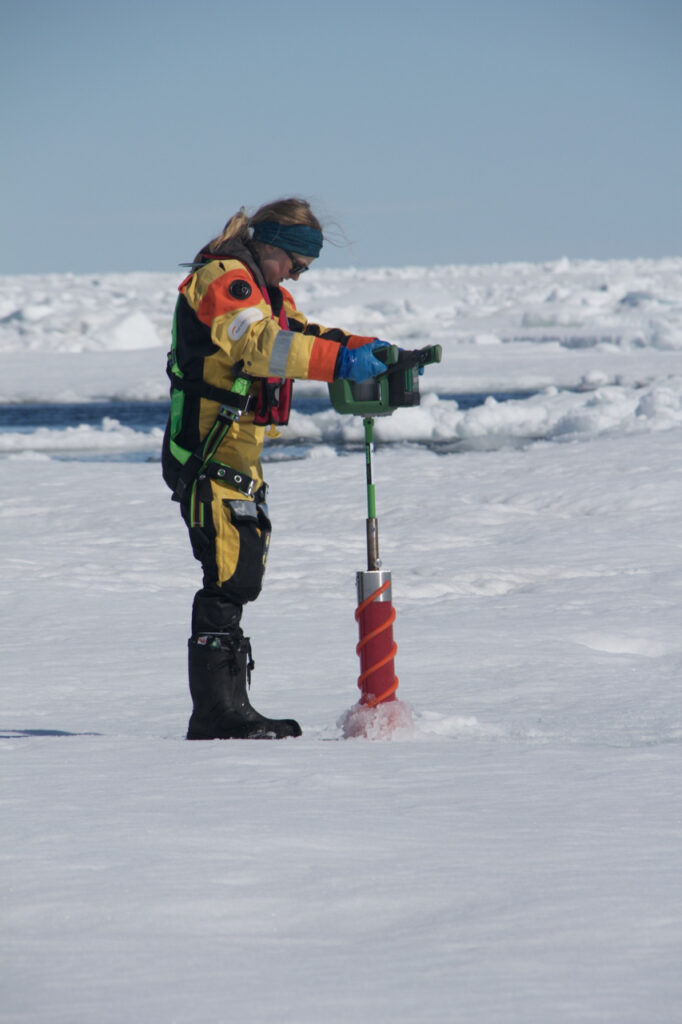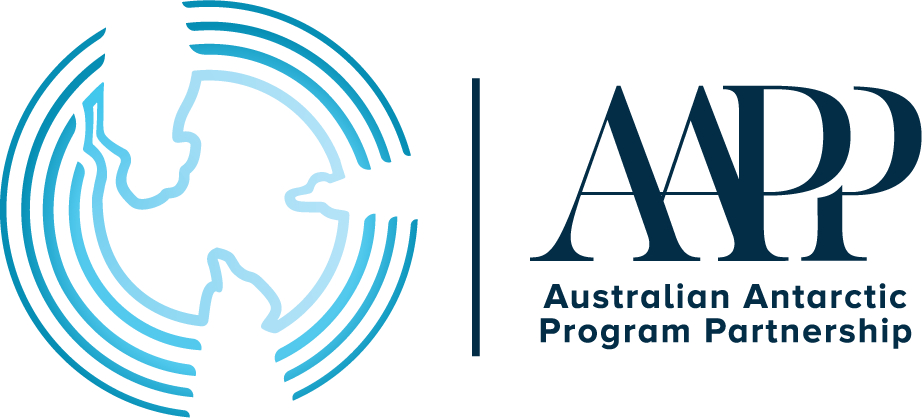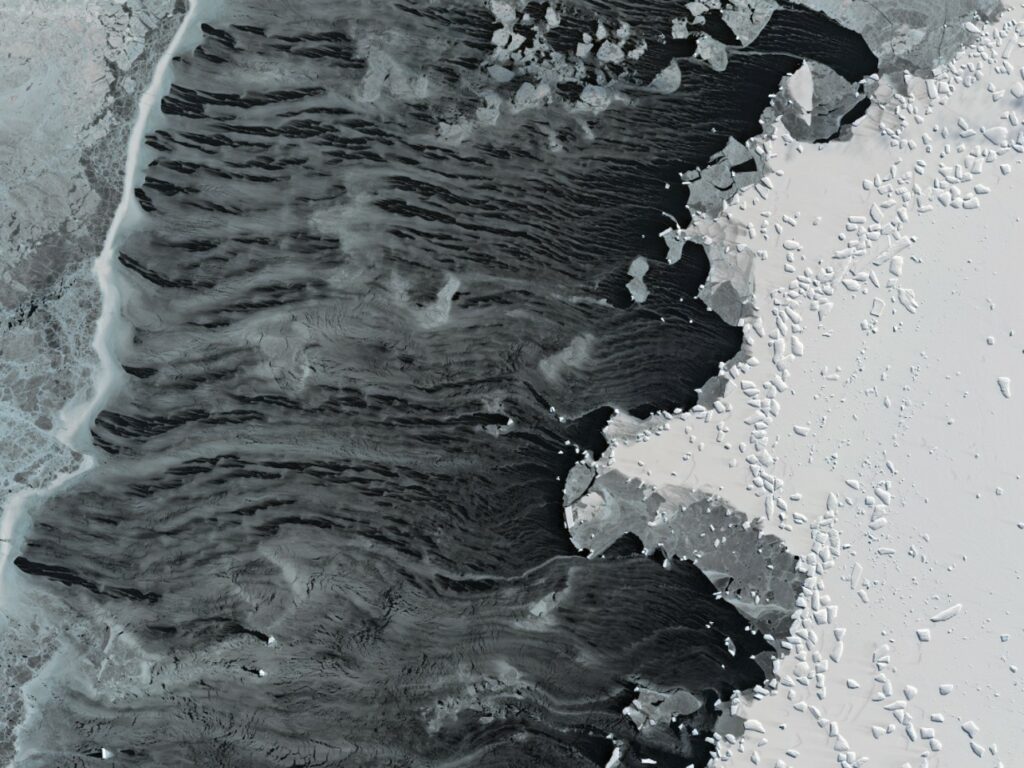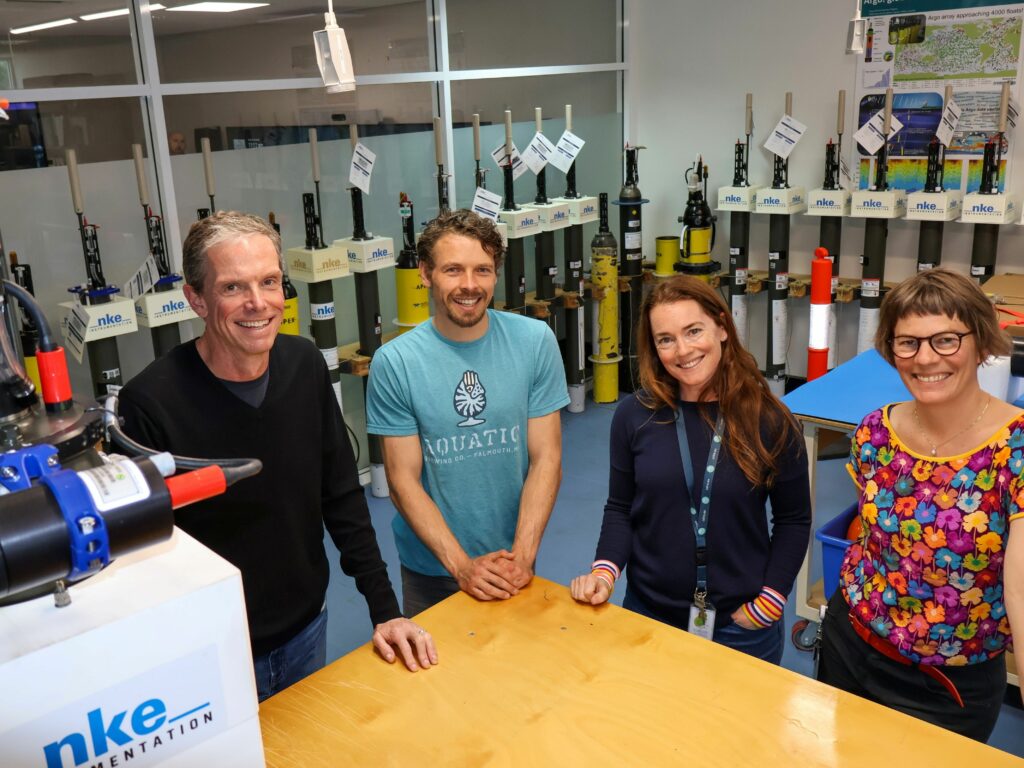Shedding light on Antarctic ice algae in a changing climate
13 February 2025
AAPP PhD candidate Laura Dalman has been awarded the prestigious Prince Albert II of Monaco Foundation SCAR Fellowship for 2024.
Laura will use the Fellowship to take her PhD research from Antarctic ice floes into a lab at the Arctic University of Norway later this year.
“Part of my research focuses on the photoacclimation response of ice algae living inside Antarctic sea ice – that is, how the algae respond physiologically to light availability, by adjusting the concentration of light-harvesting pigments such as chlorophyll in their cells.”
“This project is about experimenting with algal cultures under different environmental conditions in a lab, to simulate what is likely to happen with global warming,” she said.
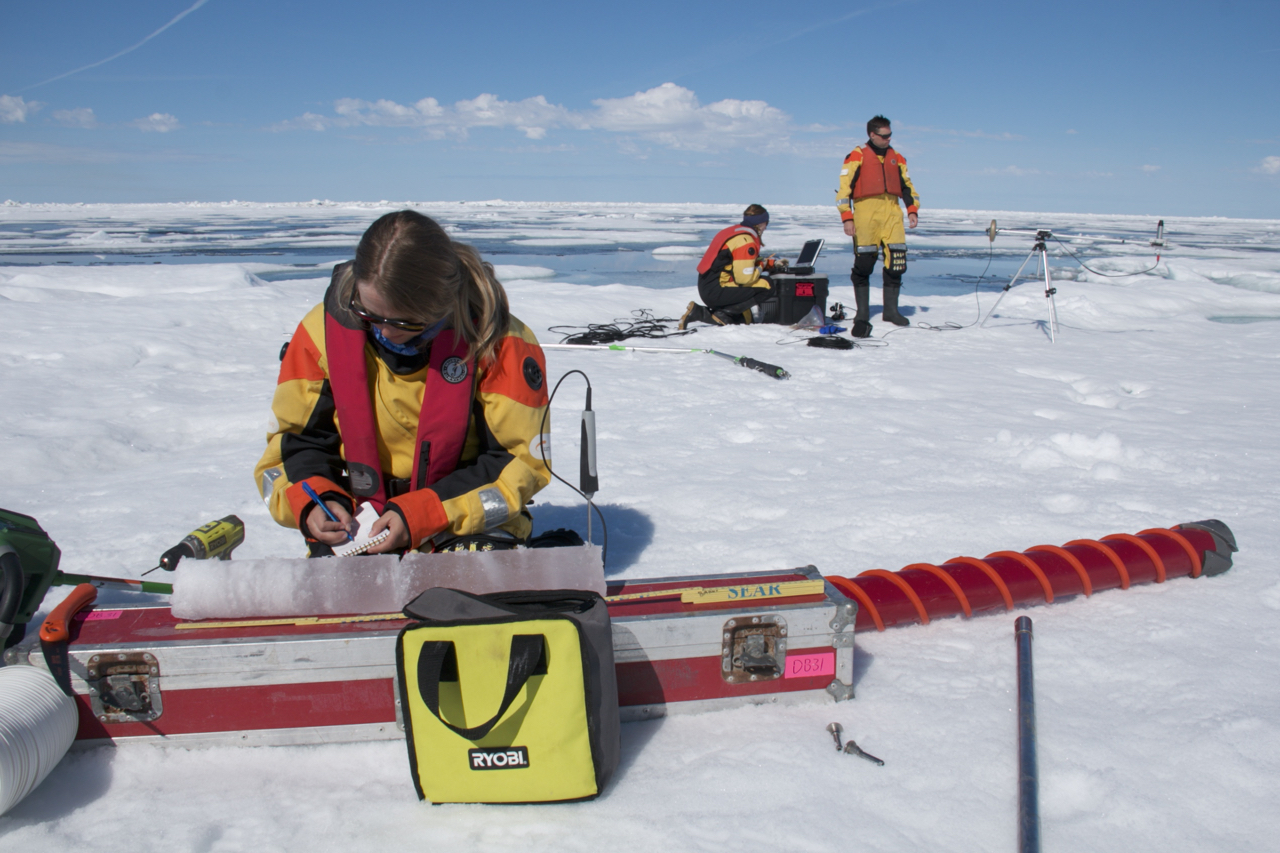
Over a three-month period, Laura plans to measure the response of Antarctic ice algal cultures to temperatures that reflect the change from spring bloom to melt season, salinities that mimic melt-induced freshening, and light conditions that simulate levels experienced by algae at different ice depths or under snow.
The growth of algae in a habitat as massive and seasonally variable as Antarctic sea ice plays a crucial role in global biogeochemical cycles, but the impact of dramatic changes in Southern Ocean sea-ice extent remains uncertain.
“Knowing how ice algae respond to environmental change is necessary to enable more accurate forecast of polar marine primary production.”
“Climate models predict increased snowfall and shifting sea-ice extent, which will reduce the period available for growth and change the light that ice algae need to grow.”
“If we know how ice algal productivity will be affected by global warming, we’ll have a much clearer idea of the effects on a key food source for polar marine ecosystems and their role in the biological carbon pump.”
Laura is collaborating with Dr Karley Campbell at the Arctic University of Norway, who has developed new methods for measuring the net community production of algae within sea ice, and will provide cutting-edge incubation systems and a state-of-the-art clean culture laboratory.
“I’m thrilled to be offered this excellent opportunity to adapt Arctic methodologies to Antarctic research, foster cooperation between Norwegian and Australian institutions, and bring new skills back to the Institute for Marine and Antarctic Studies at UTAS,” Laura said.
The Scientific Committee on Antarctic Research (SCAR) initiated the SCAR Fellowship Programme to encourage the active involvement of early-career researchers in furthering our understanding of Antarctica. The Fellowships enable early-career researchers to join a project team from another country, opening new opportunities and often creating partnerships that last many years and over many Antarctic research seasons. In 2024, additional funding is being provided by the Prince Albert II of Monaco Foundation through the Polar Initiative. Five SCAR Fellowships have been awarded in 2024.
